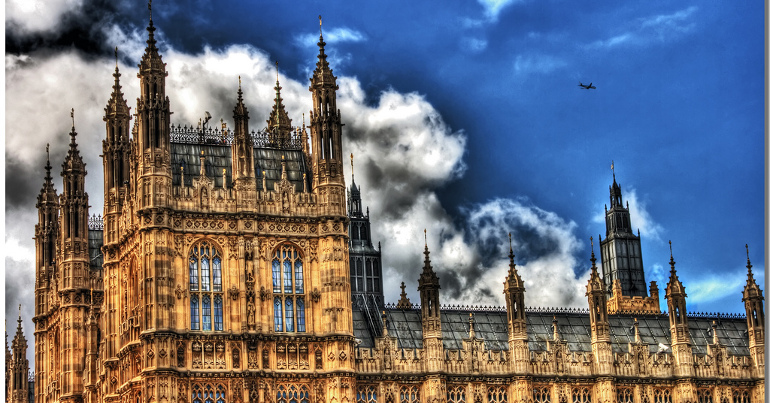Murdoch’s media: it’s ownership, not regulation, that matters
In the coming weeks we must surely move the discussion around the News of the World from the details of phone hacking to the questions of control. Already, David Cameron has shown his skill in crisis management by announcing the abolition of the Press Complaints Commission – only for the Commission to point out that it is independent of him – that he cannot disband them.
Newspapers from left to right have screamed out in their defence. “It wasn’t us” they cry. David Davis in the Daily Mail points out the it was in fact The Guardian, not regulation, which held the News of the World to account. The freedom of the press cannot be sacrificed, we are told. And these arguments seems reasonable.
But then, on the other hand, we look at the press over the years. We look at the recent allegations. We surely ask ourselves whether we can truly trust the ‘feral beast’ to regulate itself. The attempt to navigate the tightrope between freedom of speech and public accountability seems impossible.
And I suspect that’s because as things stand it is impossible. Sure, there must be some sort of regulation. And, sure, it has to be relatively light handed – we cannot have politicians choosing what journalists can and can’t say.
But the very fact that it is impossible highlights the extent to which it must be the wrong solution – an attempt to address the wrong problem. Too often in our liberal capitalist Britain we look at ways to cage great beasts rather than slaying them. We seem so often to ask how to regulate the corporate megaliths that dominate our country. But these monsters will always escape. Once power is concentrated in the hands of a few, they will always break through whatever chains it is that we make for them.
And let’s be clear – it is the owners, not the journalists, who are the problem. Sure, reporters make mistakes. Sure, as with elsewhere, some are crooks. But it is the massive power that the press weilds which allows them to get away with so many crimes, and so to continue to commit them. As so often Ken Livingston put it clearest. On this weekend’s Any Questions, he said:
‘I would trust journalists to regulate themselves. It’s the owners that distort’
And that is precisely the point. As with so much of our economy, the problem with the press is not those who work in it. It is those who own it and the fact that we have allowed so few to own so much. Whether it’s Sky TV or Tesco, RBS or News International, we have allowed vast concentrations of power to form. And then we ask how we can contain their control. The truth is, normally, that we can’t. Red tape will not bind those that control its creators. We must break up the beasts, and we must find ways to run our country which do not allow power to concentrate in the hands of so few.
This will be harder – much harder than regulating. Regulation does not in a real sense challenge the power of our corporate elites. Prising control from their hands does. But the fact that it will be so difficult is the sign that it is so important.
Quite rightly many have worked hard to focus activism on the decision around whether to allow Murdoch to take control of BSkyB. But even if this fight is won, it will not be nearly enough – it will only return us to where we are now. We must find ways to reconceive of media ownership in the modern world. And now, if ever, is our chance to do so.
It is a good chance because the public sentiment and gaze is now focussed firmly on News International. But it is also a good chance because so many of our politicians have begun to sleight the Murdochs. And they must surely know that prodding the all powerful is always a mistake. If they have any sense, then they will have turned to the expert in such battles between kings. And if they have, they will be preparing for all out war:
“men ought either to be well treated or crushed, because they can avenge themselves of lighter injuries, of more serious ones they cannot; therefore the injury that is to be done to a man ought to be of such a kind that one does not stand in fear of revenge.”
Niccolò Machiavelli, The Prince, 1513


The risk elements for spraining an ankle
are many and varied. Individuals excel at shedding
the excess entire body warmth that develops when jogging.
• Induction stovetop was initially created for commercial cooking.
Look at my weblog: shin splints remedy, howtotreatshinsplints.birdsoft.info,
Amen to that.
Oh, and not enough Machiavelli on Bright Green… more please.